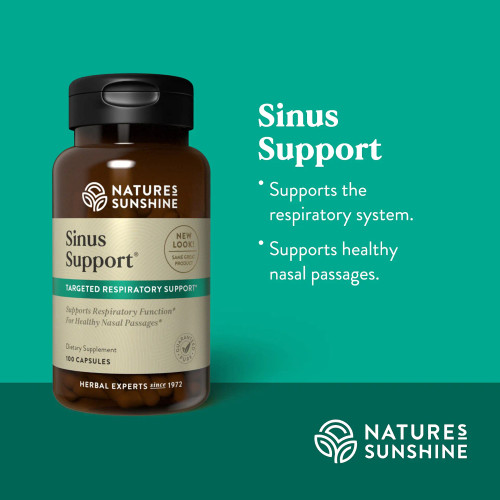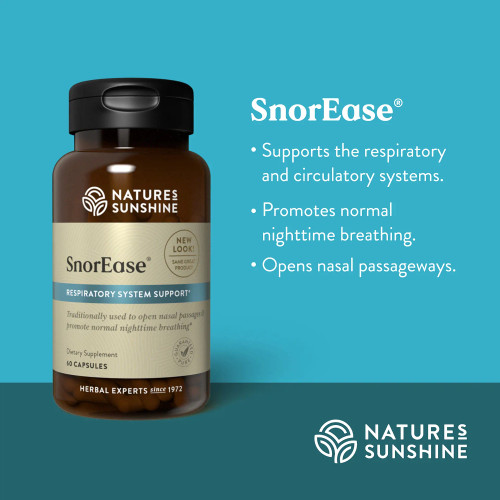Benefits:
- Helps maintain normal adrenal function.
- Supports the body's ability to regulate stress.
- Supports a healthy biological terrain.
- Supports the glandular and nervous systems.
- Provides 250% or more of the Daily Value of thiamine, riboflavin, vitamin B6 and pantothenic acid.
How It Works:
Certain hormones in the body--called stress hormones--prepare the body to deal with stressful situations by increasing the heart rate and the force of contraction and blood flow to the heart, liver, and to skeletal and adipose tissue. These stress hormones are produced and regulated by the adrenal glands. They also dilate airways to the lungs and increase blood levels of glucose and fatty acids. The adrenal hormones and their functions are linked to virtually all of the body systems. Thus, many physiological processes and bodily functions, including cardiovascular health, sex drive, pH balance, skin conditions, energy levels, mood and overall psychological outlook--often correlate to adrenal gland function.
Adrenal Support is a synergistic blend of vitamins, minerals, enzymes and adaptogenic herbs specially formulated to nourish and strengthen the adrenal glands and to promote glandular secretion.
Ingredients:
25 mg vitamin C (42% Daily Value), 10 mg thiamin (667% DV), 5 mg riboflavin (294% DV), 5 mg Vitamin B6 (250% DV), 45 mg pantothenic acid (450% DV), 10 mg magnesium (3% DV), 5 mg zinc (33% DV), 5 mg potassium, bovine adrenal substance, schizandra fruit, borage seed oil, licorice root and protease blend.
Recommended Use:
Take 1 capsule with a meal twice daily.
Recognized as an element in 1755, magnesium was first isolated in 1808 by Sir Humphry Davy, an English chemist. Though it can be extracted from various minerals, magnesium is often obtained from seawater.
In the 1930s, Hungarian chemist Albert Szent-Györgyi discovered and named ascorbic acid, which literally means “anti-scurvy.” Many sailors had suffered from scurvy on or after long sea voyages without access to fresh produce. Later Szent-Györgyi discovered rutin, a bioflavonoid nutrient that supports vitamin C’s activity. He won the Nobel Prize for Medicine in 1937 for his discovery and his description of oxidation. American biochemist and two-time Nobel Prize winner Linus Pauling studied scientific literature on vitamin C and became a true advocate for this nutrient, penning Vitamin C and the Common Cold in 1970.
Ancient Greeks and Romans used licorice root for health benefits. Traditional Chinese Medicines relied on licorice to provide respiratory, digestive and reproductive system support. Widely used in Traditional Chinese Medicine, schisandra is known as the five-flavored fruit. Possessing a remarkable taste that is sour, sweet, bitter, salty and pungent, it has been used for centuries for its adaptogenic benefits.


















